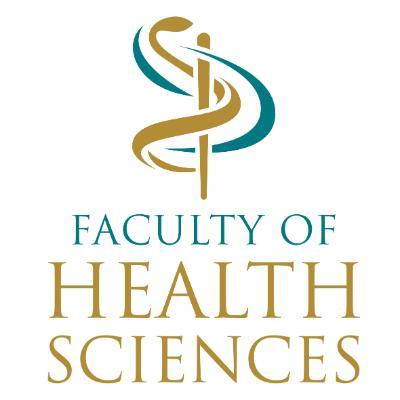Immunology Research Interests
The Department's research projects are centred on several investigations into the interaction of infectious diseases with host mononuclear cells. These include the cellular responses of suppressor cytotoxic helper lymphocytes and peripheral blood monocytes. In addition, projects investigating the effects of mycobacteria on cytokine production and the role cytokines play in mycobacterial infections have been initiated. The Department not only collaborates with various institutions in its research activities, but also offers an advisory service to the regional laboratories and various teaching hospitals. Whilst the dominant trend of departmental research encompasses the immunology of tuberculosis, projects pertaining to the role of immune mechanisms in several clinical conditions are also undertaken.
Goals and Research Stategy
The Department is committed to undertake research in the following areas:
The immunology of tuberculosis:
- Various aspects of mycobacterial escape mechanisms; interaction of M.tuberculosis organisms with cell mediated immunity; identification of epitopes of M.tuberculosis with protective vaccine potential.
- The immunology of allergic diseases.
- The association of HLA s with various disease states.
- The role of intracellular adhesion mechanisms in infection and immune mechanisms.
- The action of various immunomodulatorors on phagocytes and phagocyte functions.
- The role of cytokines in tuberculosis and upper respiratory tract infections and other inflammatory conditions.
- The role of various arms of the immune response in psychoneuroimmunology.
- The association of the immune system with various states of depression.
- The effects of nutrional states with the activity of the immune system.
Researchers
- Mrs RH Kuschke
- Dr R Morar
- Dr MR Nethononda
- Dr G Sussman
- Mrs E van der Westhuizen
- Prof Wadee
- Mrs LA Wood
- Collaborators
- Prof A Anderson (Department of Immunology, University of Pretoria)
- Prof C Feldman (Department of Medicine, University of the Witwatersrand)
- Research Funded by:
- The University of the Witwatersrand
- The South African Institute for Medical Research
- The South African Medical Research Council (MRC)
- Glaxo International TB Initiative
- Aligarh Old Boys Scholarship Trust
- Collaborators
Teaching Activities
Immunology is taught as part of the Medical Microbiology syllabus for third year MBBCh, BDS and B Pharm and second year nursing students. Students undertaking the DTM&H courses, which is run each year, receive lectures in immunology. Practical session are conducted in this subject after the theoretical course is complete. In addition, tutorials are arranged throughout each year. Tutorials, either individually or in groups, are also arranged for students in the Academic Support Programme.
Students registered for MMed, MSc and PhD degrees conduct research in the department and receive immunological training throughout the year. Tutorials are given on a regular basis to these students and their work, dissertations and theses supervised very closely. The department holds weekly journal clubs and monthly research presentations. In the past postgraduate students numbered between six and eight per year. Members of the laboratory staff are also responsible for teaching in the form of lectures to postgraduate students and groups, including registrars in various clinical departments at all the teaching hospitals and several general practioners groups.
Various courses in immunology were held at the South African Institute for Medical Research. These one-day courses were specifically aimed at medical technologists, science graduates and registrars and were of particular interest to those who have had some exposure to basic immunology, with particular reference to RIA s, ELISA s and assays of cell mediated immunity. Topics relating to assays and research performed by the department are taught, with special emphasis placed on the objectives behind the tests requested and interpretation of the results.

